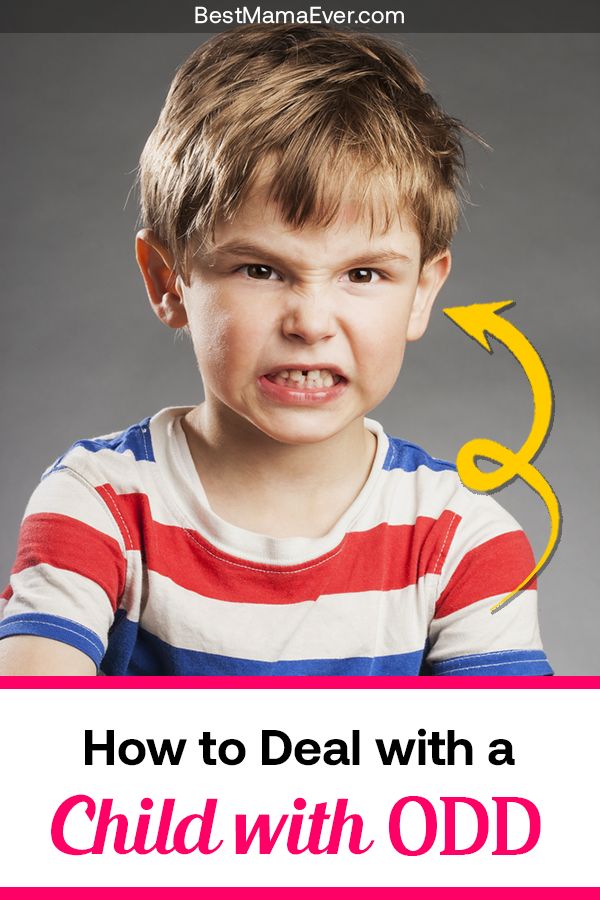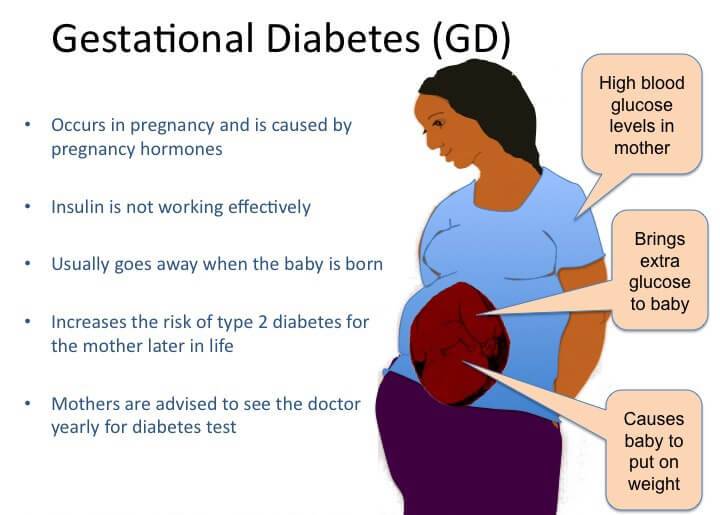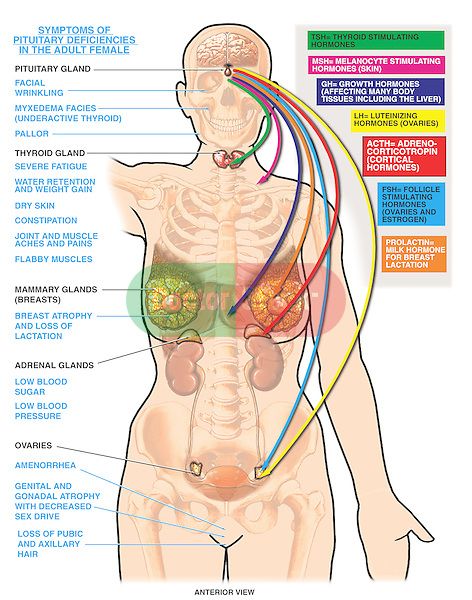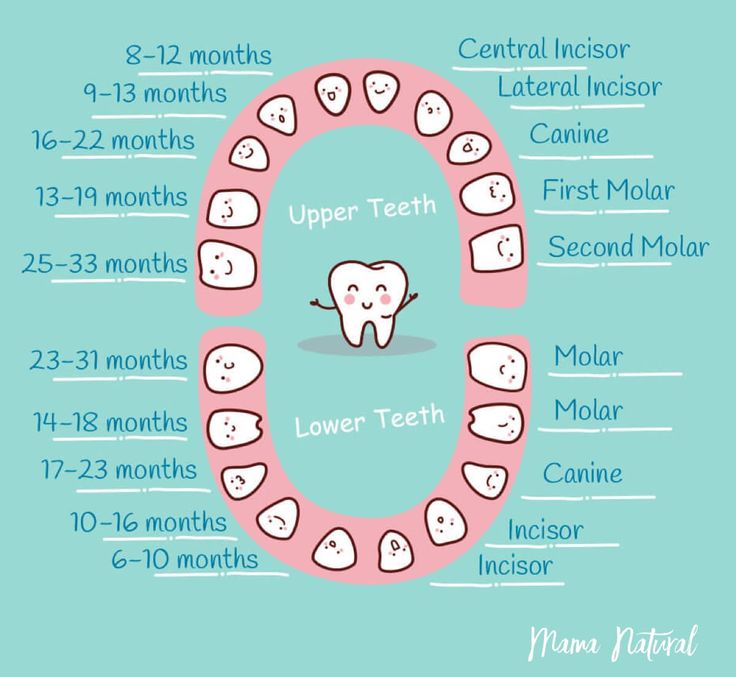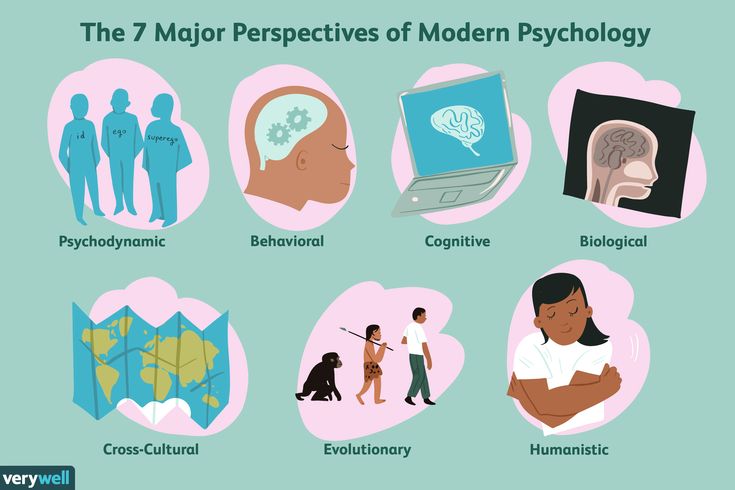How to deal with an abused child
Child Abuse Help: How to Help an Abused Child
Natasha Tracy
Help for an abused child is needed when, unfortunately, steps taken to prevent abuse have failed. This is shockingly common as more than half-a-million children were confirmed victims of child abuse in 2010, according to Child Protective Services. In the United States 1, child abuse help is critical for these abused children so that their healing can begin and they can again return to a normal childhood.
How to Help an Abused Child Who Discloses to You
The first step in child abuse help is in properly dealing with the allegations of the abused child. It's imperative to handle this situation correctly in order to make the child feel safe enough to report the child abuse to the authorities. Mishandling a child's outcry can make a child recant; which makes helping the abused child impossible.
If an abused child reports the abuse to you, you should:2
- Remain calm
- Reassure the child they did nothing wrong, it is not their fault and they will not be punished
- Reassure the child you believe them and that you are glad they told
- Offer comfort – tell the child you will help
- Ensure the safety of both you and the child
- Understand that the child may express him or herself with language inappropriate for their age and may not know the proper terms for body parts or specific acts.
Do not correct a child's use of language.
- Tell the child that you cannot keep this information secret (in many countries and states this is the law)
- Report the child abuse to the authorities immediately
To help an abused child you should not:
- Interrogate the child
- Make suggestions as to what happened
- Act shocked, disgusted or doubtful of the abuse. This may make the child uncomfortable and less likely to talk.
- Accuse them of lying or try to change their mind
- Blame the child
- Use words that may frighten the abused child like "rape," "child abuse," or "jail"
If a child does "take back" (or recant) what they have said about being abused, it may be because they don't feel it's safe enough to come forward. These children continue to need love and support and if abuse is still suspected, the authorities should be informed.
Help for Child Abuse
Once the abused child has told about the abuse, it's important to start focusing on how to help the abused child.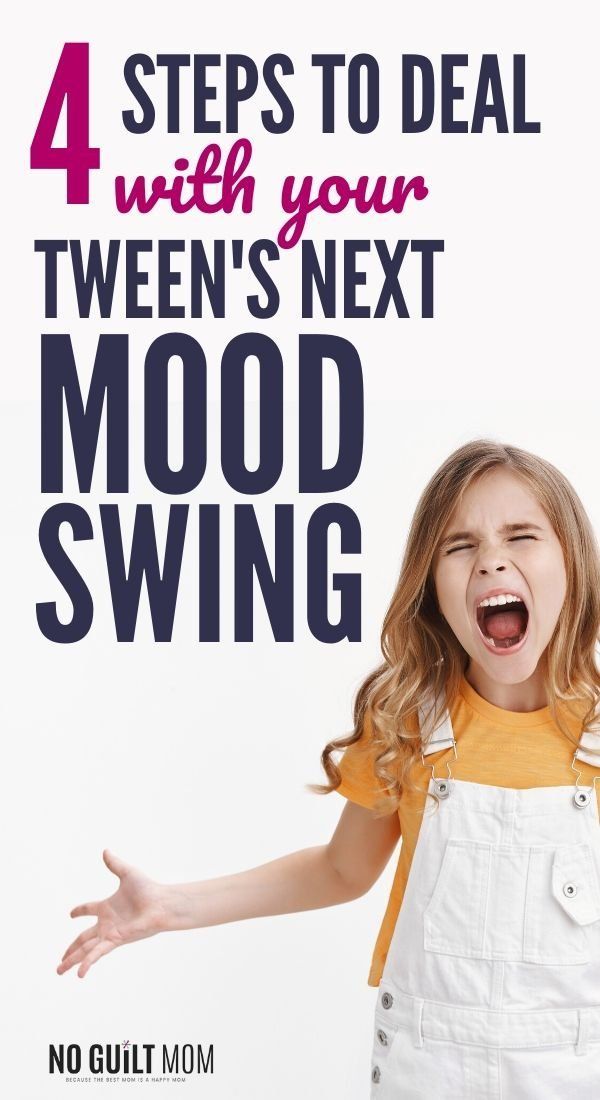 Child abuse help needs to take into account injuries that are physical, psychological and even spiritual in nature. This will likely mean that a team of people needs to be involved in helping the abused child. Persons on this team will likely include:
Child abuse help needs to take into account injuries that are physical, psychological and even spiritual in nature. This will likely mean that a team of people needs to be involved in helping the abused child. Persons on this team will likely include:
- Friends and family
- A child psychologist or other mental health professional
- A doctor
- A faith leader, if appropriate
The families of the abused child may also need their own treatment services to help get the family through a tough event that can affect everyone.
Treatments that help abused children and their families include:
- Therapeutic day school programs
- Day hospital programs
- Residential programs
- Home and clinic setting treatment
- Group and family therapy
article references
APA Reference
Tracy, N. (2021, December 17). Child Abuse Help: How to Help an Abused Child, HealthyPlace. Retrieved on 2022, December 15 from https://www.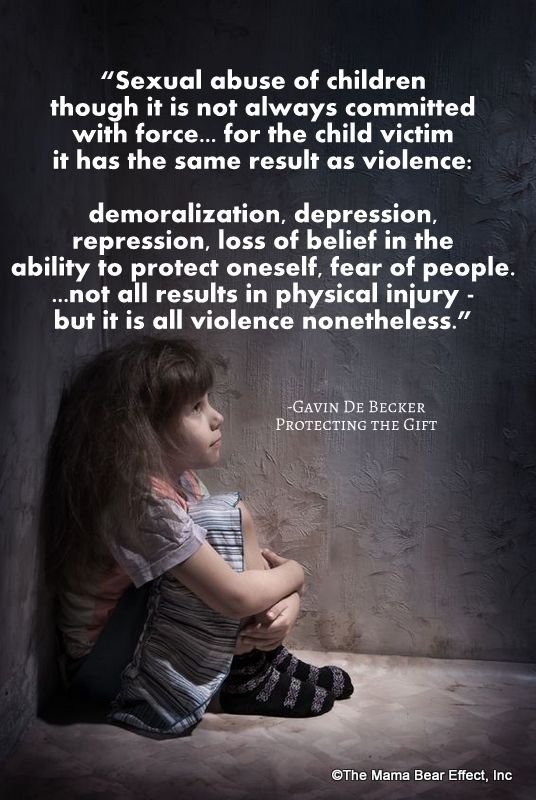 healthyplace.com/abuse/child-abuse-information/child-abuse-help-how-to-help-an-abused-child
healthyplace.com/abuse/child-abuse-information/child-abuse-help-how-to-help-an-abused-child
Last Updated: December 30, 2021
Medically reviewed by Harry Croft, MD
More Info
Signs of Physical Abuse, Physically Abused Adults
Rape Survivor Wakes Up and Realizes It Isn’t Her Fault
How Is Dissociative Identity Disorder (DID) Diagnosed?
My Physical Abuse, Domestic Violence Stories
Emotional and Mental Abuse in Children and Adults
Self Injury: One Family’s Story
So...The World Will Be Better Off? WRONG!
Ten Things You Can Do to Prevent Child Abuse
Skip to main contentSearch
Translate Site
Neither the Department of Children, Youth, and Families (DCYF), the State of Washington nor any of its employees makes any warranty, express or implied, or assumes any legal liability or responsibility for the accuracy, completeness, or usefulness of any information, translation, product or process that is disclosed, displayed or appears on the DCYF website.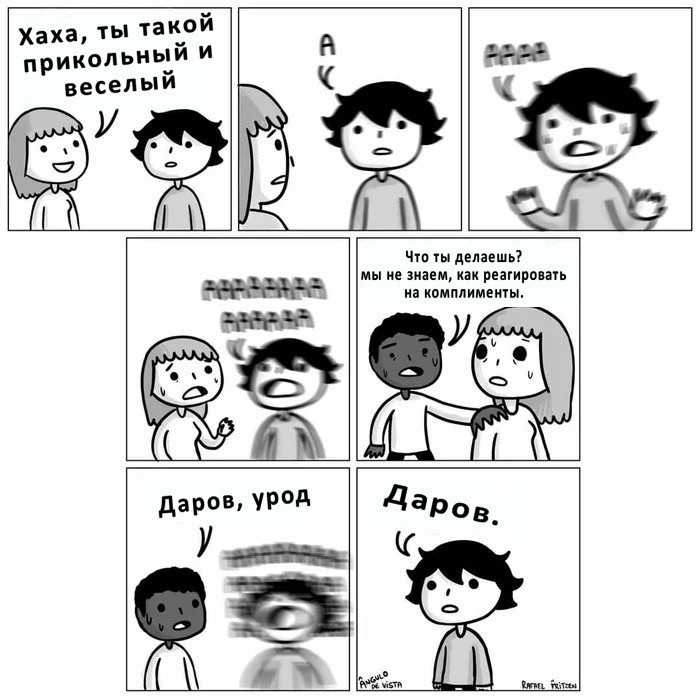 For purposes of this disclaimer the term “information” includes, but is not limited to, information that is contained within any internet link that is accessible from the DCYF website.
For purposes of this disclaimer the term “information” includes, but is not limited to, information that is contained within any internet link that is accessible from the DCYF website.
- Volunteer your time. Get involved with other parents in your community. Help vulnerable children and their families. Start a playgroup.
- Discipline your children thoughtfully. Never discipline your child when you are upset. Give yourself time to calm down. Remember that discipline is a way to teach your child. Use privileges to encourage good behavior and time-outs to help your child regain control.
- Examine your behavior. Abuse is not just physical. Both words and actions can inflict deep, lasting wounds. Be a nurturing parent. Use your actions to show children and other adults that conflicts can be settled without hitting or yelling.
- Educate yourself and others. Simple support for children and parents can be the best way to prevent child abuse.
 After-school activities, parent education classes, mentoring programs, and respite care are some of the many ways to keep children safe from harm. Be a voice in support of these efforts in your community.
After-school activities, parent education classes, mentoring programs, and respite care are some of the many ways to keep children safe from harm. Be a voice in support of these efforts in your community. - Teach children their rights. When children are taught they are special and have the right to be safe, they are less likely to think abuse is their fault, and more likely to report an offender.
- Support prevention programs. Too often, intervention occurs only after abuse is reported. Greater investments are needed in programs that have been proven to stop the abuse before it occurs - such as family counseling and home visits by nurses who provide assistance for newborns and their parents.
- Know what child abuse is. Physical and sexual abuse clearly constitute maltreatment, but so does neglect, or the failure of parents or other caregivers to provide a child with needed food, clothing, and care. Children can also be emotionally abused when they are rejected, berated, or continuously isolated.

- Know the signs. Unexplained injuries aren't the only signs of abuse. Depression, fear of a certain adult, difficulty trusting others or making friends, sudden changes in eating or sleeping patterns, inappropriate sexual behavior, poor hygiene, secrecy, and hostility are often signs of family problems and may indicate a child is being neglected or physically, sexually, or emotionally abused.
- Report abuse. If you witness a child being harmed or see evidence of abuse, make a report to your state's child protective services department or local police. When talking to a child about abuse, listen carefully, assure the child that he or she did the right thing by telling an adult, and affirm that he or she is not responsible for what happened.
- Invest in kids. Encourage leaders in the community to be supportive of children and families. Ask employers to provide family-friendly work environments. Ask your local and national lawmakers to support legislation to better protect our children and to improve their lives.

Top
How to deal with insults of children 3-5 years old
home
Parents
How to raise a child?
How to deal with resentment in children 3-5 years old
- Tags:
- Expert advice
- 1-3 years
- 3-7 years
- emotions
At the age of three to five, children sincerely believe that the world revolves around them. The natural reaction of the child to the discrepancy between reality and his expectations is resentment. Mom didn’t buy a new toy in the store, dad didn’t listen to the story about new friends on the playground, grandma forbade eating ice cream on the street - any refusal or ban by adults during this period can be a reason for the baby to feel insulted. The parents will be told about the causes of children's insults and how to behave with a touchy child correctly by the portal “I am a parent”.
Causes of children's resentment
Children tend to be offended by parental refusals and prohibitions. The lack of attention, praise and approval of their actions from loved ones. For most adults, their grievances seem insignificant and far-fetched, but in fact this is not so - kids deeply experience conflicts with their parents, and the lack of proper support from moms and dads in such situations can lead to internal discomfort and the development of psychological problems in the child.
The lack of attention, praise and approval of their actions from loved ones. For most adults, their grievances seem insignificant and far-fetched, but in fact this is not so - kids deeply experience conflicts with their parents, and the lack of proper support from moms and dads in such situations can lead to internal discomfort and the development of psychological problems in the child.
Increased resentment in children of three years old may be associated with an age crisis, the peak of which falls on two and a half to three years, when the child develops self-esteem. During this period, the behavior of babies is distinguished by increased emotionality and a tendency to conflict. The child reacts with resentment, crying and screaming even at the slightest, most insignificant occasion.
Starting from the age of five, children's grievances are already more similar to those experiences experienced by adults. At this age, it is important for the child to recognize him in the children's team, as well as the positive attitude of his peers towards him.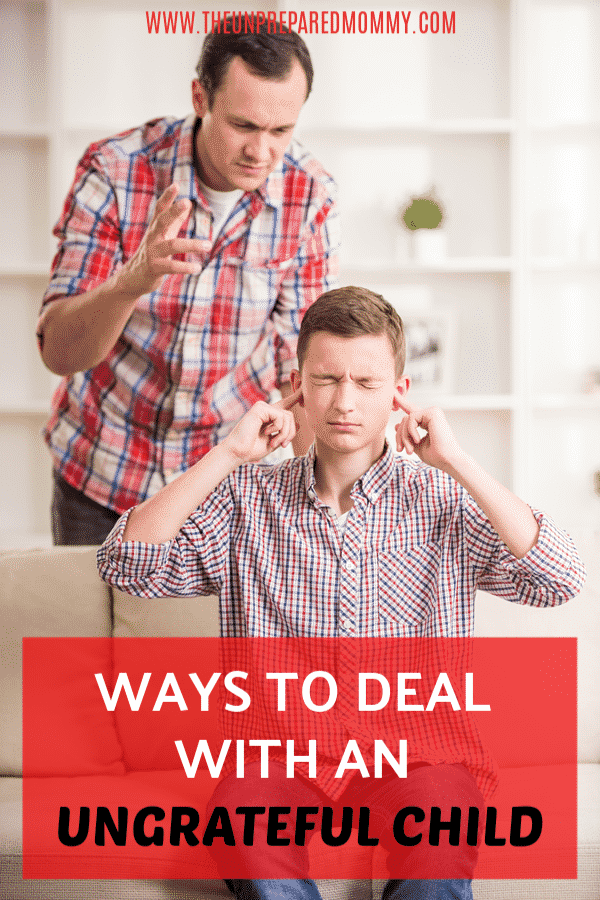 Therefore, all grievances, discontent and misunderstandings should be dealt with by parents with their child.
Therefore, all grievances, discontent and misunderstandings should be dealt with by parents with their child.
How to deal with touchy children?
Touchy children are very vulnerable and often find a reason for frustration where there is none. The experts of the portal "I am a parent" give advice to parents on how to help the child cope with resentment.
1. Control your own emotions
To teach your baby to cope with emotions, parents should learn to control their own feelings and emotions. If in a fit of anger or resentment you raise your voice, throw accusations and reproaches against the offender, then it is quite expected that the child will behave similarly in similar situations. Child psychologists recommend getting rid of this habit. To do this, learn to talk to others in a calm voice. When discussing a child's misconduct, make it a rule to replace accusatory phrases with neutral ones. For example, instead of the phrase “You don’t know how to behave at all,” you can say: “I was very upset when you did such and such .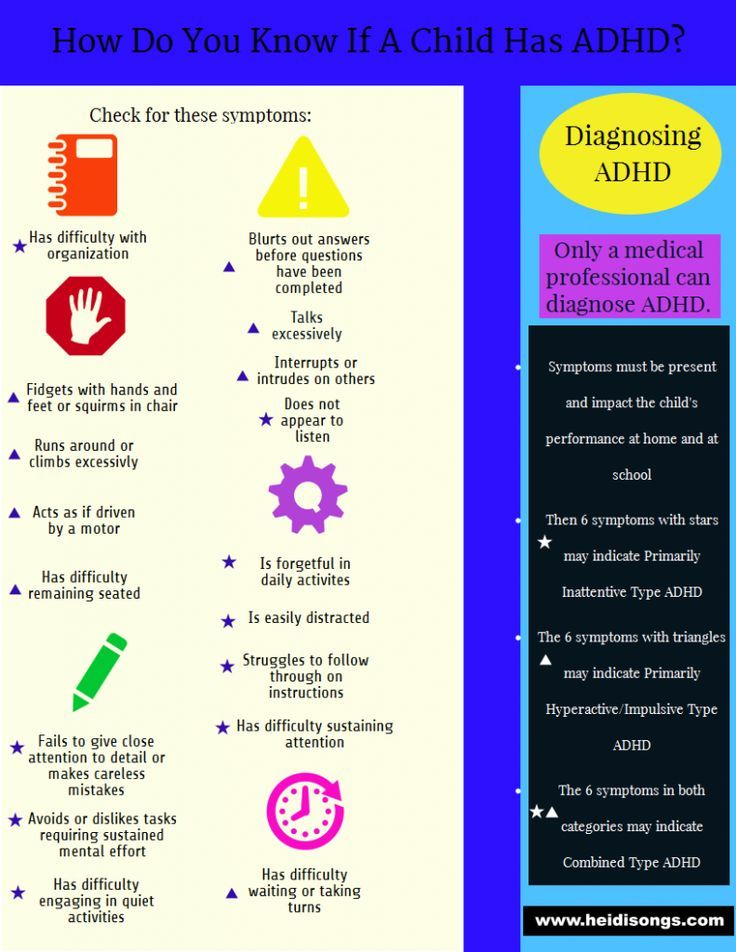 ..”. Remember, young children often copy the behavior and actions of their parents, especially their aggressive behavior, so try to maintain authority in the eyes of your child and instill in him respect for elders.
..”. Remember, young children often copy the behavior and actions of their parents, especially their aggressive behavior, so try to maintain authority in the eyes of your child and instill in him respect for elders.
2. Show attention to the child
If the child is often offended, be more attentive to him. Always ask what happened if you see that he is about to burst into tears, praise him for every good deed, listen to the child if he wants to talk about something. By acting in this way, you show the baby that you care about the feelings that he is experiencing.
3. Empathize with your child
If you refused to buy a new toy for your child, and he threw a tantrum in response, you should not say “Don't cry”, “You'll get by” or “Nothing terrible happened, you already have a lot of them!” . These phrases will not comfort the baby. In this situation, it is wiser to give him the opportunity to speak out or cry without interrupting him. Remember, parental support is extremely important for an offended child, because he wants to be understood, heard and shared in his grief.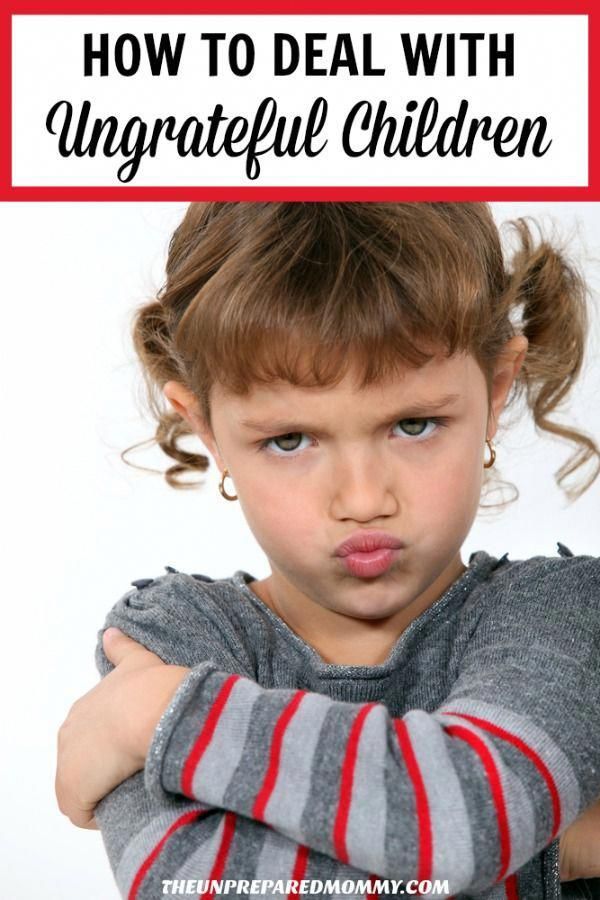 Therefore, show sympathy and understanding for your child. Say that you fully understand him, and that if you were him, you would also experience negative feelings.
Therefore, show sympathy and understanding for your child. Say that you fully understand him, and that if you were him, you would also experience negative feelings.
4. Teach your child to manage negative emotions
When the initial surge of emotions subsides, explain to the child that resentment is a negative emotion and tell them how to deal with it correctly. For example, let him imagine what resentment might look like and draw it on paper. Help him with leading questions: what color, shape, what does it look like? When the kid finishes the “portrait of resentment”, tear it apart and discard the drawing with him. Explain to him that he can perform the same actions every time he experiences negative emotions. Teach him to mentally visualize resentment so that the child can get rid of this feeling even when paper and felt-tip pens are not at hand.
You will learn how to reduce the level of anxiety in a child of three to six years old and teach him to manage his emotions in a video lesson with the participation of an expert of the portal "I am a parent" psychologist Anastasia Sitnikova.
Victoria Gritsuk
Take a psychological test developed by the experts of the portal "I am a parent", which will help determine whether you devote enough time to your child.
Is your attention sufficient for the child?
What to do if the child is touchy?
Many parents may notice that their child may often be offended. He “pouts over trifles”, reacts too emotionally to remarks, sits alone for a long time, cries ... The little man suffers from his own resentment, and his parents worry and do not know what to do in such difficult situations. Our article will help you, dear parents, to understand the features of such a phenomenon as children's resentment.
-
1 Causes of childish resentment
-
2 Dealing with the problem
-
3 Games for touchy children
-
4 Tips for parents
-
4.
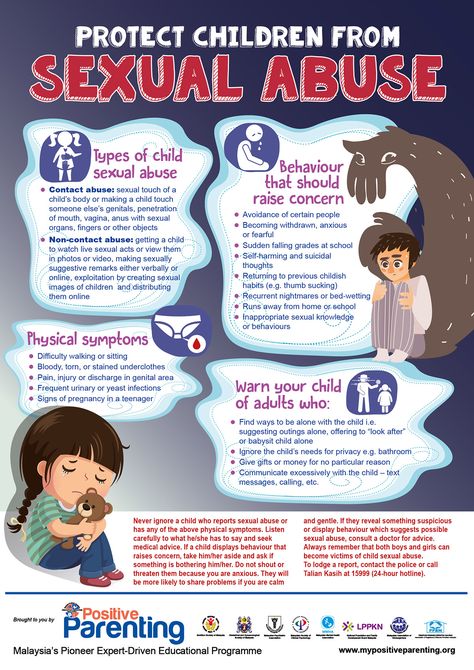 1 How to deal with a touchy child
1 How to deal with a touchy child -
4.2 Note to parent of offending child
-
4.3 video in which a psychologist examines the causes and consequences of adolescent resentment
-
Causes of childish resentment
Resentment is a person's negative experience of his failure, his rejection by people. But every person, and the child - most of all, would like to feel his importance and value, at least from the people close to him. In some, this natural need is expressed to a greater extent, in others - to a somewhat lesser extent. However, both children experience those moments that are related to how they are perceived.
Children's resentment - these are facts of the degree of vulnerability and vulnerability of the child in one or another sphere of ideas about himself (character, appearance, abilities, etc.). Let's look at reasons due to which a child may be upset and offended:
- The child's innate sensitivity.
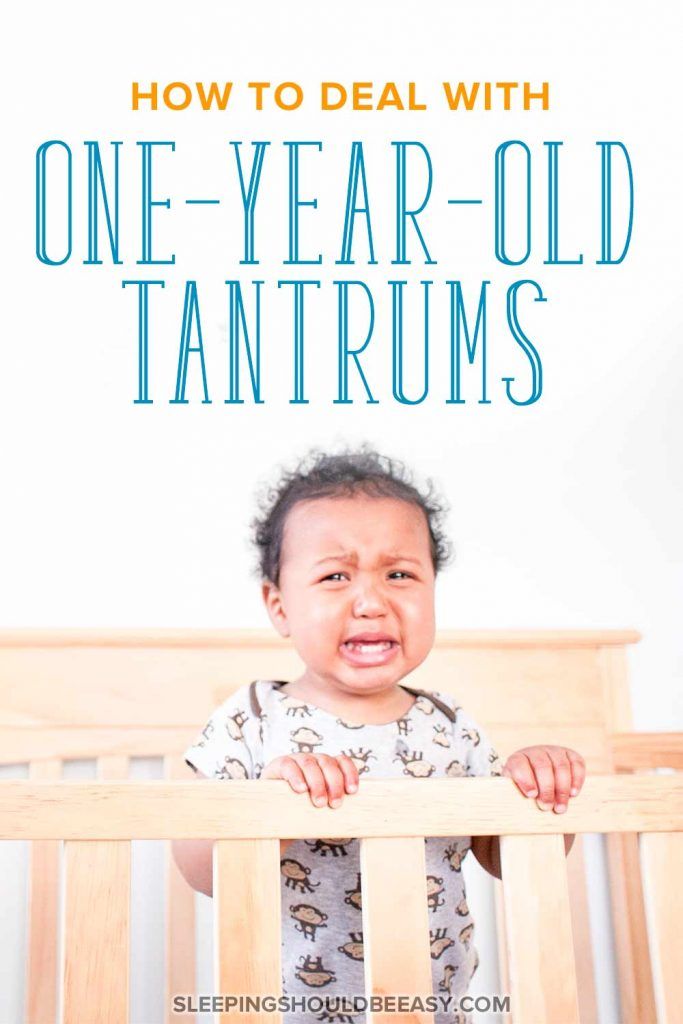 Some children are naturally emotionally sensitive and vulnerable, so they are often offended. Such children especially feel the need for affection for their parents, their love, acceptance by them with all the features.
Some children are naturally emotionally sensitive and vulnerable, so they are often offended. Such children especially feel the need for affection for their parents, their love, acceptance by them with all the features. - Parents' rejection of the child's characteristics. Many parents demonstrate that they will only accept a child if the child's behavior meets their requirements. Parents who are trying to hard change the child, as if "violating the boundaries of his comfort", shaming him and depriving him of a warm relationship, provoke him to be offended even more. And the constant rejection of the child's individuality (criticism, reproaches) contributes to the development of insecurity in the baby and encourages him to think that he is not needed and is not loved.
- The child reacts inadequately because he feels the hostility of the world. Faced with constant restrictions on various manifestations of his behavior, the child begins to see even neutral situations.
 He thinks everything is against him. Not having the strength to resist external constraints that degrade his dignity, the child closes in on himself, offended.
He thinks everything is against him. Not having the strength to resist external constraints that degrade his dignity, the child closes in on himself, offended. - The child understands that he does not meet the expectations of others. In such cases, he either gets angry and behaves aggressively, or is annoyed and offended.
- Hyper care. It happens that parents do not believe in the independence of the child, not allowing him to cope with difficulties on his own. Then he develops a fear of difficult situations and stresses, the inability to overcome them. Such a child will grow up with the expectation that everything will be done for him. And when faced with difficulties, he will sincerely be offended by the whole world.
- Parents indulge the desires of the child. In the case when the parents strive to fulfill all the desires of the child and allow him to behave as he pleases, he will get the impression that the whole world owes him.
 The child who considers himself the leader will receive comments about his behavior. And, of course, he will be offended, as he is no less vulnerable than other children.
The child who considers himself the leader will receive comments about his behavior. And, of course, he will be offended, as he is no less vulnerable than other children. - Child's expectations. For example, a child thinks: “Mom must buy me something tasty every time”, but this suddenly does not happen. Meeting with a different idea of the parents about the current situation, the child is offended and protests.
“Council. The best thing that parents can do for the proper development of the child's personality is to begin to perceive him as a unique personality. Love the child for who he is.
Dealing with Problem
Have you noticed that your child is in tears, offended? How to behave?
- You need to control yourself. Crying of a child, and especially hysteria, infuriates. It is important not to break loose, even if it happens in a crowded place and for the tenth time.
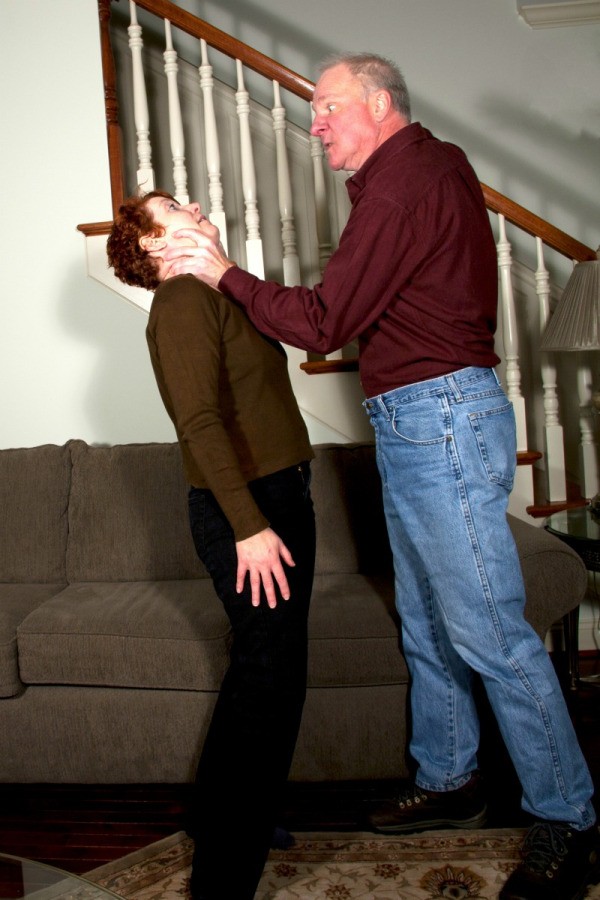 Control emotions, be calm (at least outwardly): this is how you will take the first step to ensure that the baby calms down.
Control emotions, be calm (at least outwardly): this is how you will take the first step to ensure that the baby calms down. - Help the child to calm down. Be kind to the child, hug him. It is better to sit down so that your faces are on the same level: this way the explanations will be better perceived. Calming the child, stroke his head, hold his hand, stretching his fingers. So bad emotions will be left behind.
- One must sympathize. Even if your child is still very small, it is important to voice his feelings. He will understand that his mother is not indifferent to his problem, she understands everything and deeply sympathizes. Say several times: "You are upset, my little one, I understand you ...".
- "You can't" suddenly becomes "you can". This little secret will help prevent resentment and tantrums. Yes, you can’t eat ice cream, because it’s winter, but you can have a piece of delicious pie and juice.
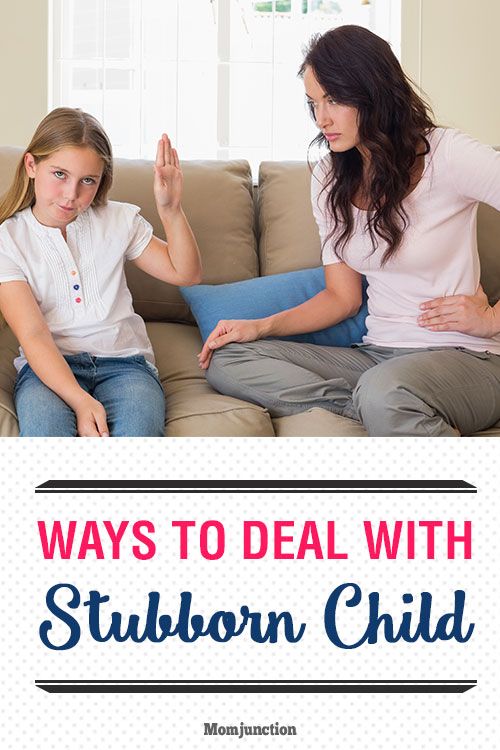 Yes, you can’t take your mother’s phone yourself, but you can play with it with your mother. To summarize: an unconditional “no” causes offense, and a partial “no” is not such a negative emotion.
Yes, you can’t take your mother’s phone yourself, but you can play with it with your mother. To summarize: an unconditional “no” causes offense, and a partial “no” is not such a negative emotion.
Games for touchy children
“Council. It is important for parents to help the child comprehend his own world, to be aware of his strengths and weaknesses. This will strengthen the inner self-awareness of the child and there will be no room for resentment.
In essence, resentment is our attitude towards situations. Children often learn from their parents how to react to situations, actions and words of other people. Therefore, it is better for parents to monitor their behavior. And for the prevention of resentment, special games are suitable:
- Callers. Sit next to the child, take the ball. Offer to say hurtful things to each other. Just discuss in advance which words are allowed. For example, not the rudest expressions, but the names of vegetables and fruits, animals, household items, fairy-tale characters.
 Each appeal can begin with the words: “And you ... pale toadstool!” Agree that after 5-6 calls, you will begin to say pleasant words: “And you ... my flower!”. Reaction speed and humor are important here. Pay attention to the child that this is just a fun game: there is no need to be offended here. This game relieves stress. It is good when several children play it.
Each appeal can begin with the words: “And you ... pale toadstool!” Agree that after 5-6 calls, you will begin to say pleasant words: “And you ... my flower!”. Reaction speed and humor are important here. Pay attention to the child that this is just a fun game: there is no need to be offended here. This game relieves stress. It is good when several children play it. - Zhuzha. The leader is selected - "buzz", around which they run, pull him, make faces, tease. When the bugger gets tired of harassment, he jumps up and tries to catch up with one of the offenders. Whoever was caught - he is "buzzing". It is important that each child taking part in the game has been in different roles. This game teaches you to manage your emotional state, become less touchy, look at the world through the eyes of another person.
- Dragon. It is better to have several participants. Having lined up and holding on to each other, you need to be the first in the ranks (“head”), grab the last one (“tail”).
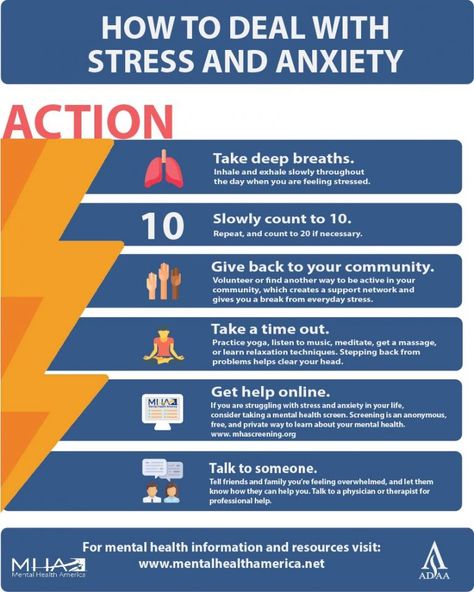 When the "head" "grabbed" the "tail", you need to switch roles. It is important that all participants experience both roles. Such a game helps children who experience problems in communication to become more confident in themselves, to successfully join the children's team.
When the "head" "grabbed" the "tail", you need to switch roles. It is important that all participants experience both roles. Such a game helps children who experience problems in communication to become more confident in themselves, to successfully join the children's team.
Tips for parents
“Council. It is important to look at children's resentment from the point of view of building the entire educational system in the family. It is important that consent reigns between parents, and sufficient attention is paid to the child. Then children's insults will be much less.
How to deal with a touchy child
- Try to show your kindness to the child more often so that he does not have to remind him of this in various ways.
- If the child is offended that others are praised in his presence, explain to him that everyone who deserves it needs approval and praise.
- Build a relationship with your child on a partnership basis, explaining that everyone has their own interests and intentions.

- Work with the emotional sphere of the child, tempering it and teaching how to perceive this or that situation and respond to it.
- Choose useful books and cartoons, on the basis of which you can easily explain to your child the reasons for resentment and successful ways out of heroes from different situations.
- Communicate with your child more often, explaining to him which grievances are appropriate and which are not.
- No need to reproach the child for his touchiness. It is impossible to forbid being offended, but it is only possible to develop the right educational strategy to mitigate this feature.
- See to it that the child does not accumulate resentment, but shares his feelings. Learn to respond appropriately to hurtful situations.
- Do not compare the child with other children and do not point out their superiority in something.
- Try to understand the reasons for the excessive touchiness of the child.
Note to the parent of a touchy child
- Show interest in the child's inner life.
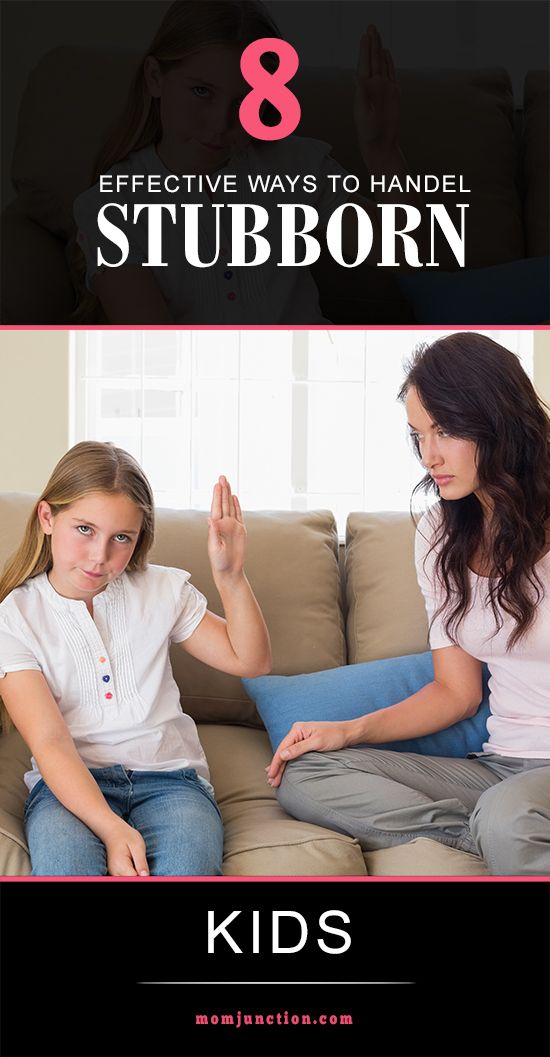
- Teach your child to speak aloud about his thoughts and desires.
- When expressing your requirements, be more specific.
- Teach your child to put himself in another person's shoes.
- Explain to the child that the actions of people around are varied; let him realize it and accept it.
- Develop and strengthen the child's opinion of yourself, increase his self-esteem.
- Teach your child to look at many things with humor.
- Talk to your child about resentments, look for ways to overcome them.
video in which a psychologist examines the causes and consequences of adolescent resentment
Be attentive to your child's inner world, respect his opinion, accept and love him for who he is. This attitude will help raise an emotionally balanced and optimistic child who is able to cope with problems on his own.